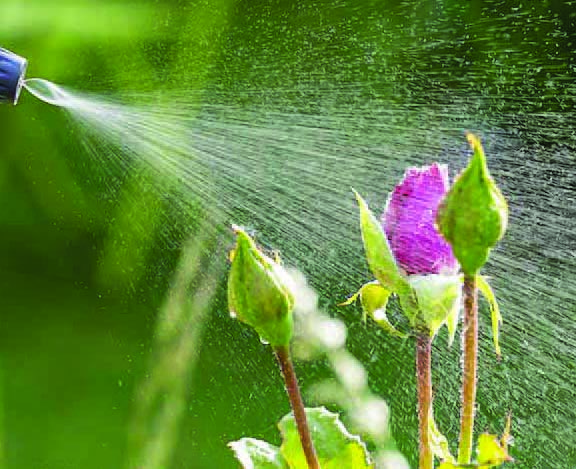November 13, 2025

In today’s flower farming environment, growers are increasingly relying on biological crop protection solutions to manage pests and diseases while meeting market demands for residue-free produce. As biological products gain ground, so does the need to understand how they interact with other inputs commonly used on the farm.
This is where compatibility testing comes in, an essential process for safeguarding product performance and the integrity of integrated pest management (IPM) systems.
What Is Compatibility Testing?
Compatibility testing is the process of evaluating how different agricultural products behave when mixed and applied together. It is especially important when combining biological solutions with chemical pesticides, fertilizers, or other crop protection products in a single tank mix.
This testing focuses on two critical areas:
- Microbials and chemical products: It examines how microbial crop protection solutions interact with commonly used chemical fungicides, herbicides, pesticides, fertilizers, adjuvants, and other inputs. The goal is to detect any negative reactions that might compromise product stability or effectiveness.
- Mixing multiple biological solutions: Compatibility testing also assesses how different biological products perform when used in combination. Not all biologicals are naturally compatible, so these tests help identify safe, effective mixes.
To achieve reliable results, compatibility tests are conducted under controlled laboratory and greenhouse conditions. Products are tested at their maximum recommended doses using rigorous protocols that simulate real-world applications. Any signs of product degradation, clumping, separation, or reduced efficacy are carefully noted.
Why Growers Should Pay Attention to Compatibility Testing
For growers, compatibility testing is far more than a technical formality, it directly influences the success of pest and disease management programs. Without knowing how products interact, growers risk reducing the performance of their inputs, wasting resources, or even harming their crops.
When compatibility is confirmed, growers can confidently tank mix different solutions, saving time and labor by applying them together. If testing reveals incompatibility, it allows them to schedule separate applications, preventing potential losses and maintaining product efficacy.
In an increasingly competitive market where efficiency, sustainability, and quality standards are non-negotiable, making informed decisions about input combinations is crucial. Compatibility testing equips growers with the information they need to optimize their crop protection strategies without guesswork.
Strengthening IPM with Reliable Data
Integrated pest management relies on the careful balance of biological and chemical tools. Compatibility testing ensures that this balance is maintained, minimizing the risk of conflicts between products and maximizing the overall effectiveness of the system.
With verified compatibility data, growers can build spray programs that work harmoniously, improve operational efficiency, and enhance crop health. It’s a proactive step that supports both yield protection and long-term farm sustainability.
In Summary
Compatibility testing is an essential part of modern biological crop protection. It helps growers:
- Identify safe and effective product combinations
- Prevent costly application mistakes
- Maximize the performance of their biological and chemical inputs
- Streamline crop protection programs through efficient tank mixes
- Support sustainable and residue-free flower production
